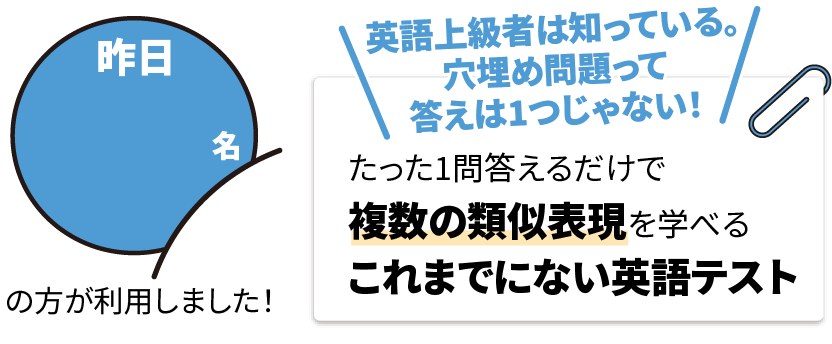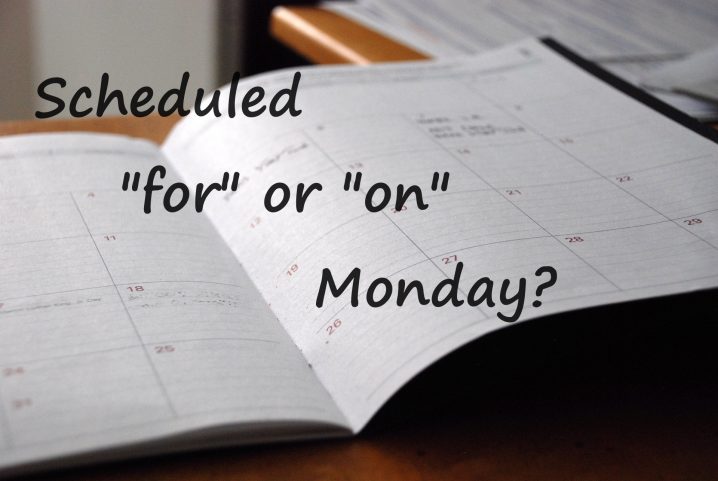Hi everyone, it’s Jacek!
This time I am going to present another issue I tend to encounter when revising assignments. It appears to be pretty simple, yet, it may also be a bit tricky.
It’s the preposition “for” when it’s required to be used before nouns that represent time (single moment or period) instead of a regular time preposition such as “on” or “in”.
In this type of context, “for” often appears with verbs that describe some sort of planning, e.g., “to plan”, “to schedule”, “to reserve”, “to make a reservation”, “to book”, etc.
Let’s see couple of examples with a regular preposition of time:
1. “I am going to a restaurant on Friday.”
2. “I made a restaurant reservation on Friday.”
They are both grammatically correct but have different meanings.
In the 1st case, “on Friday” modifies the verb “go”, while in the latter case “on Friday” modifies the process “make a reservation” (here it’s not clear when the person is actually going to that restaurant). We have “go on Friday” vs. “make a reservation on Friday” (go there on some other day; the day decided in that process of making a reservation).
Now, let’s replace “on” with “for” in the 2nd example:
3. “I’ve made a restaurant reservation for Friday.”
This time “Friday” is used as a target day in the process “make a reservation” and essentially tells us the person will go to that restaurant on Friday, which in this sense agrees with the info we had earlier the 1st example.
While No. 2 is obviously a grammatically proper construction, in practice, No. 3 might be the right form for what the student has in mind when saying that.
Here is a different example:
4. “The meeting has been scheduled for Monday.”
5. “The meeting has been scheduled to be held on Monday.”
Here, both sentences are correct and convey exactly the same meaning.
We have “for” in No. 4 because “Monday” is the target day in the process of scheduling/planning that meeting.
It’s “on” in No. 5 because “Monday” is the actual time/day of the process “held”.
As you can see, it all depends on what that final time noun (here “Friday” or “Monday”) is used for.
I’ll end with few more pairs of examples that convey the same info about the time of an action/event:
“I am going to a dentist on the 14th” or “I’ve made a dentist appointment for the 14th ”
“My package was scheduled to arrive on Monday” or ”The delivery of my package was scheduled for Monday”
“I’ve booked a flight to Osaka for May” or ”I am flying to Osaka in May”


世界都市「東京」にあこがれてポーランドから日本にやって来た。日本文化に興味があり、英語を教えるのは日本人と交流したいから!という日本が大好きな先生。教わった英語で今度はディープな日本のことをいろいろ教えてあげてください。
※このブログでは英語学習に役立つ情報アドバイスを提供していますが、本ブログで提供された情報及びアドバイスによって起きた問題に関しては一切、当方やライターに責任や義務は発生しません。
※ここでの情報や助言を参考に英文を書いたり下した判断は、すべて読者の責任において行ってください。ここに掲載されている記事内の主張等は、個人の見解であり当社の意見を代弁・代表するものではありません。







 (13 イイネ!が押されています)
(13 イイネ!が押されています)




























コメントする